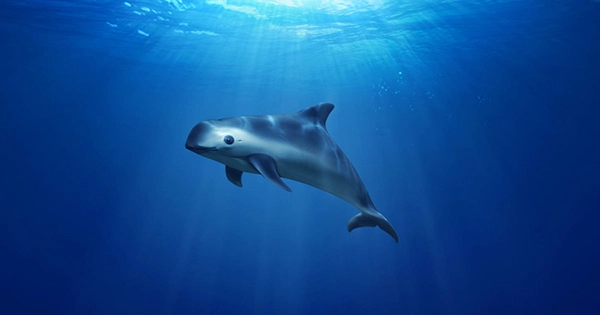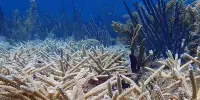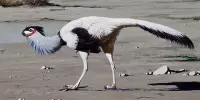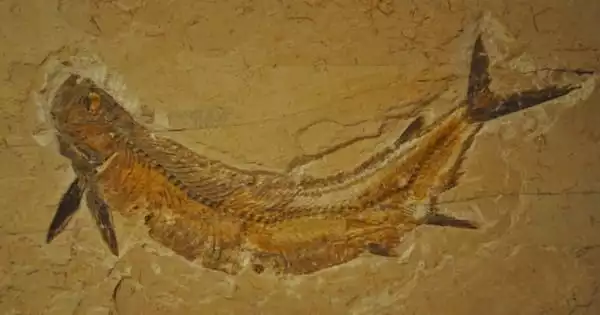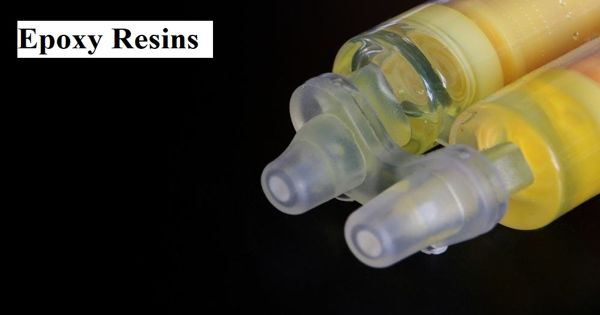Even though there are only 10 vaquita porpoises left on the earth, a new study shows that this severely endangered marine creature can yet recover if gillnet fishing in the Gulf of California is stopped immediately. According to new research published in the journal Science, despite declining numbers, this uncommon species is not in danger of entering an “extinction vortex” owing to inbreeding. The vaquita, which is found in shallow seas off the coast of northwest Mexico, is one of the world’s most endangered creatures, owing to the unlawful use of gillnets in its native environment. While the nets are frequently used to collect a vulnerable fish called totoaba, which is prized for its alleged medicinal virtues, vaquitas are frequently caught as bycatch and drown.
Fears that vaquitas might become genetically damaged owing to inbreeding, hastening their fall, and dooming them to extinction, have arisen as a result of the population’s devastation. The authors of the study discovered that this is not the case and that removing human pressures may allow populations to rebound. After examining the genomes of 20 vaquitas who lived between 1985 and 2017, the researchers came to this result. According to the findings, the species contains fewer deleterious mutations than other marine animals, implying that even if inbreeding happens, kids are unlikely to acquire undesirable features that might jeopardize their health.
In most cases, genetic variety guarantees that a population has a certain proportion of harmful mutations, albeit these are normally exhibited as features only when two individuals harboring the same mutation marry. This is uncommon in big populations, but it gets more likely as numbers fall and inbreeding becomes more common. Vaquitas, on the other hand, have always been in limited numbers, resulting in little genetic variety. As a result, the species’ genome has few of these potentially dangerous genetic mutations, lowering the risk of inbreeding depression.
In a statement, research lead author Jacqueline Robinson stated, “They’re essentially the aquatic equivalent of an island species.” “Because of their naturally low abundance, vaquitas have been able to progressively purge extremely harmful recessive gene variations that may harm their health if they were inbred.” The researchers used their genetic analyses to model future vaquita population shifts under various fishing scenarios. They discovered that if gillnet fishing stopped tomorrow, just 6% of vaquitas would die off due to inbreeding depression over the following 50 years, allowing the population to rebuild to 299 individuals by 2070.
However, even if only 10% of gillnet bycatch mortality persists, vaquita populations would drop by 27% in the next half-century, while extinction rates will rise to 62 percent if 20% of gillnet deaths continue. “The individuals’ and species’ survival is in our hands,” study author Phillip Morin stated. “If we protect from gillnets and enable the species to rebound as quickly as possible to historical levels, they have a high genetic chance of recovering.”
